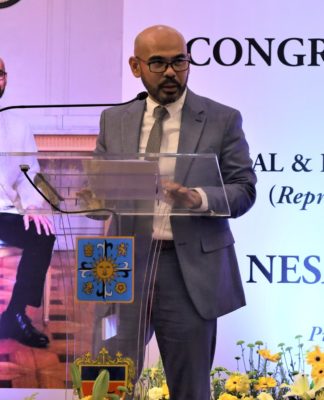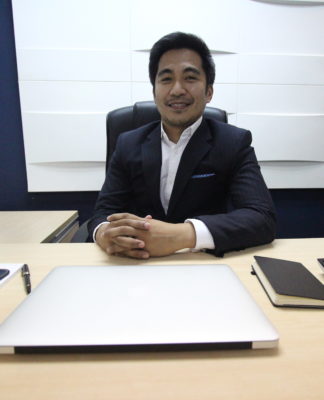THE EXCHANGE of knowledge on student services among universities in the Asia-Pacific region will prepare Filipino students to become globally competitive professionals, experts said in an international forum hosted by UST.
The 13th Asia-Pacific Student Services Association (APSSA) International Conference last July 7 tackled trends in students services, particularly how college students can become “global citizens” who will contribute to a ”collaborative global market.”
Outgoing APSSA president Chris Hepperlin of Queensland University in Australia said regional cooperation on student services will produce professionals who are ready to work in any part of the globe.
“The biennial conference aims to create networks on pertinent services offered to students such as student leadership, formation of values, and the holistic development of a student for international institutions of higher learning,” Hepperlin told the Varsitarian.
Benchmarking with universities abroad on good practices in student services will help Filipino students catch up with their foreign counterparts, he added.
“What we do in student affairs is complimenting the benefits of good academic instruction by giving them services, such as letting them become involved in organizations, exposing them to good governance through student leadership,” Evelyn Songco, assistant to the rector for student affairs, told the Varsitarian.
Incoming APSSA president Ma. Paquita Bonnet of De La Salle University, meanwhile, said “global citizenship” will be achieved by students who obtain the benefits of student services given by universities.
The four-day conference, the first three days of which was hosted by De La Salle, also tackled student development, intercultural competencies, student learning in a globalized world, and environmental responsibilities of students and professionals.
The conference was attended by students, guidance counselors, professors, and student affairs professionals from Malaysia, Thailand, China, Taiwan, Singapore, Qatar, the US, Germany, United Kingdom, and Australia. Reden D. Madrid















